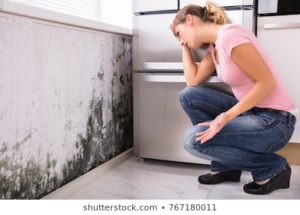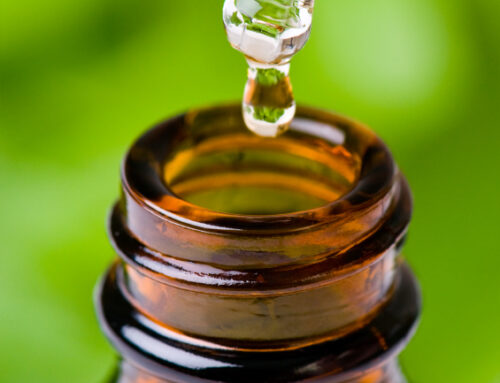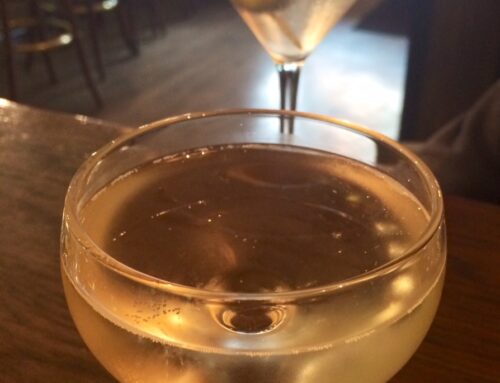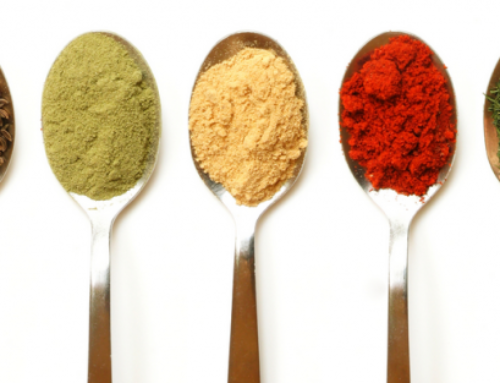
It’s time to talk about airborne allergies again. Instead of focusing on the usual culprits of trees, flowers and grasses, this blog will focus on mold, a form of fungi. While mold grows year round, spring is just the start of its proliferation; especially in a year such as this with a mild winter and wet spring.
What is mold exactly? Like most fungi, it likes moist, warm places. Mildew, which is the stuff along your shower, is the early stages of mold. Mold is an essential part of our environment as it helps to decay vegetation and enhance the soil. Mold grows in colonies and can reproduce itself within 24-48 hours. Like pollen, mold becomes airborne and that’s when you breathe it in. Indoor mold can have a negative impact on your sinuses.
Fungal sinus infections may not be something you suspect as the cause of your sinus problems, but studies show they occur at an alarmingly high rate. If you’ve ever been exposed to a moldy environment and have problems with your sinuses, you could be at risk. A study by the Mayo Clinic in 1999 revealed that 93% of all chronic sinusitis was caused by mold! This was further supported by the findings of Dr. Donald Dennis who studied 639 patients between 1989-2003. Dennis said “You breathe airborne mold particles that are in the air. Then you have an allergic reaction to these mold fragments. This reaction causes small pits to form in the membranes that line the sinuses. These pits trap mucous so that it cannot drain. The stagnant mucous gets infected, which [can] cause nasal polyps [benign growths within the nasal passages] and thickening of the lining which obstructs the outflow of mucous. The polyps then cause more infection and the infection causes more polyps. Thus, there is a vicious cycle, which perpetuates itself. If you get rid of the mold in the nose and in the air you breathe and establish drainage in blocked sinuses you can get long term relief.”
Unfortunately, fungal sinusitis mimics bacterial sinusitis so there is no way to know what you have unless a culture is taken. Below are some recommendations:
- Get a culture to properly identify your chronic sinusitis as fungal. Your GP should be able to do this for you, or at least refer you to the right specialist.
- If the test is positive, most doctors will recommend an anti-fungal pharmaceutical. Aside from pharmaceuticals there are many natural anti-fungal products on the market; medicinal plants can do the job just as well without the side effects. Visit your local herb store for suggestions and advice.
- Nasal rinse using a neti pot can be helpful to flush out mold that may be lingering within the sinus cavity. It will also help to flush out excess mucous.
- Make sure you are not continually exposing yourself to high amounts of mold. Check your home for damp places and remember if a carpet gets wet once and becomes moldy, don’t assume the mold will go away. Even if it dries out, mold spores can go dormant and then begin to grow again when the conditions are right. In addition, check the mold count in your region. Here is a great website on identifying indoor mold and safe ways to clean it up.
- Test your home for mold. Buy a home testing kit to grow a culture of the mold in your home and have it analyzed to find out exactly what you’re dealing with. Some molds are much more toxic than others.
Special note to the folks of the Greater New Orleans Region: as you may know, the mold count in New Orleans has been over the top since Hurricane Katrina. A low to moderate concentration of mold is a count of 1-12,999 spores. The Greater New Orleans Region has over 20,000 spores with a peak recording in 2005 (the year of the hurricane) of 65,000 spores! New Orleans is like a second home to me and I’ve seen what mold exposure has done to my friends. If you live in this region and are experiencing chronic sinus problems, please have a culture done of your nose.






I rent a condo that got flooded by roofers. With HOA and property property owners not taking responsibility to cle s n up, I have asked for a mold test. Did one myself and PRO Lab result is smuts myxomycetes. Although I tested two areas, could not get my housing resistance to help either. My daughter and I have sinus infection, for 5 years. Dizziness, unexplained tiredness, change in vision, coughing, sneezing, unexplained swelling in my daughter’s knees, me as well, not as bad though. Unexplained stomach pain in my daughter and both of us on constant antibiotics, I am wanting our ENT to culture our nasal discharge. Meantime, I want a second test done by a professional mold tester. I have a feeling there is another type of mold because of a strange smell in the air. I also want an attorney, tired of being ignored by the cold excuse. Done with the lack of accountability, five years of antibiotics, amd suppliments to relieve the side effects! of antibioticd and symptoms has robbed our lives. Am we the only ones?
So sorry to hear that news Shirley. Sounds like you should contact some legal professionals and maybe find a new location to live. While I can’t advise you on your personal situation, it is common for mold to cause a grocery list of health issues. Good luck and be proactive!
You may want to check out Surviving Mold.com which is Dr Richard Shoemaker’s site. He has identified mold toxins as the culprit in many patients with unexplained chronic illnesses. Chronic Inflammatory REsponse Syndrome can cause quite a few symptoms including fatigue and nuerological changes in vision.
First do I get notification when my post is answered? I don’t know how this works?I went away to fla it was over 100 and humid . The hotel room was so damp the bed was wet and my cpap machine was actually percolating on top of my head. When I tried to blow moisture out of hose it gurgled. I’ve been sick since I got home coughing ,temp, sweats . Ive been diagnosed with sinusitis and so far no antibiotic is working. He did a blood culture for mold and legionaires disease because of my story. I highly suspect my problem is from mold because the cpap gets the air directly in my nose and into my lungs. For fear I traded it in. If the test comes back negative is there any other test tha can do for mold? I was on the strongest anti biotic for 17 days lev something and it did nada.
Hi Donna, A doctor that specializes in mold infections as well as an ENT might be the proper person to contact if you don’t feel satisfied with your drs test results. Good luck and be proactive!